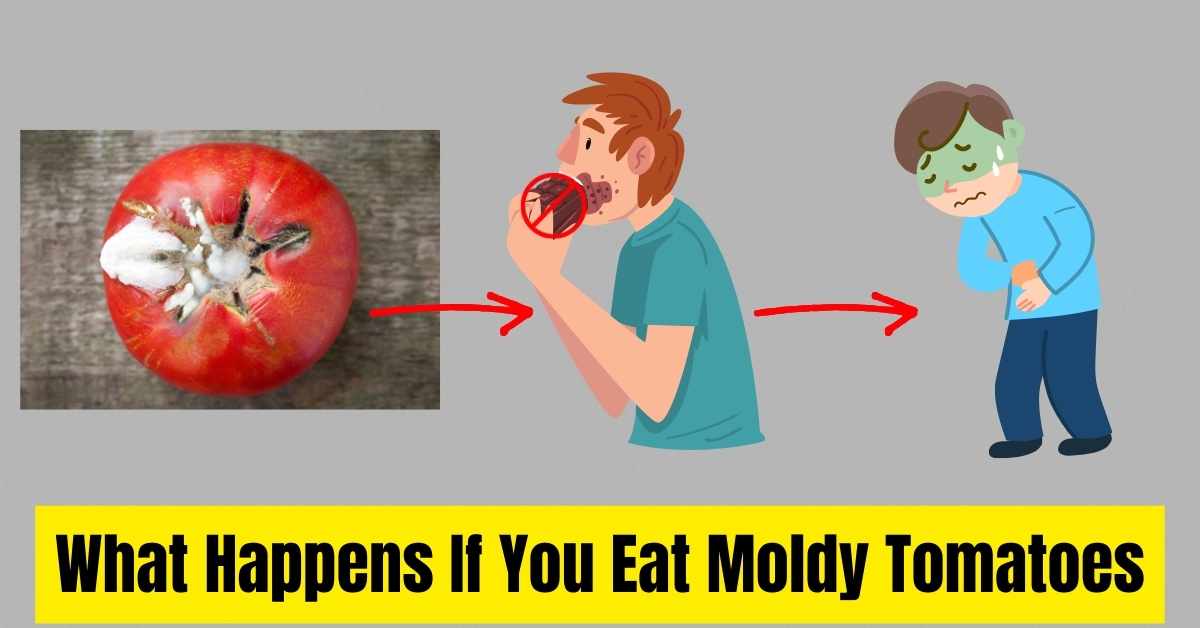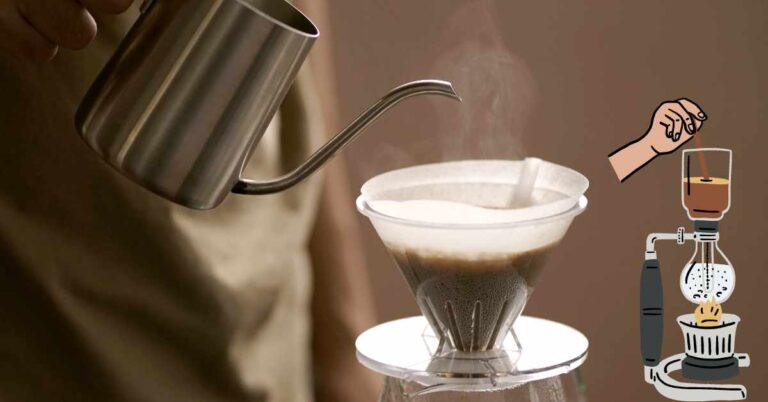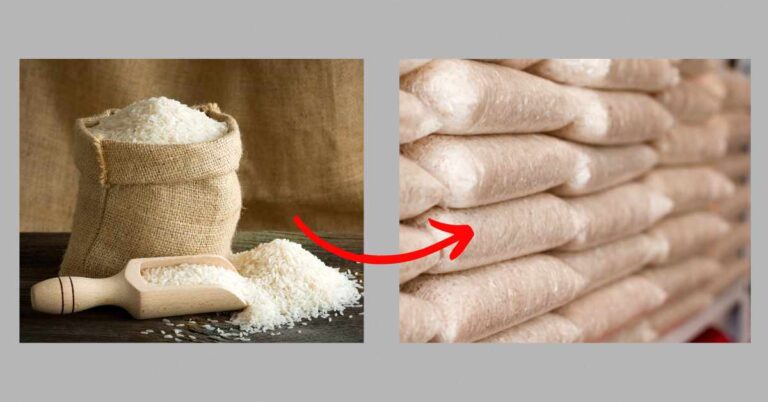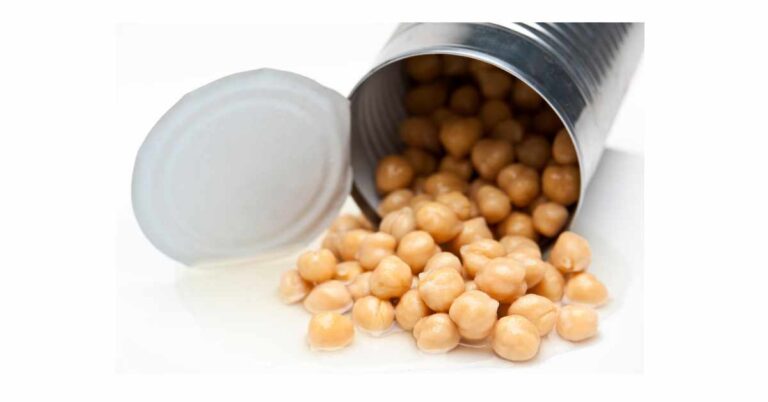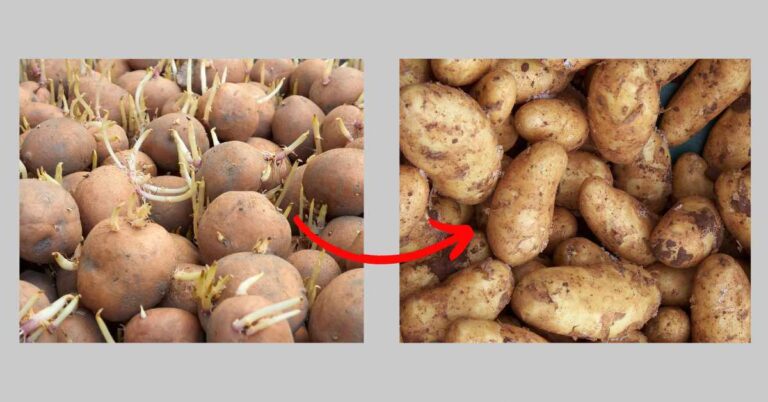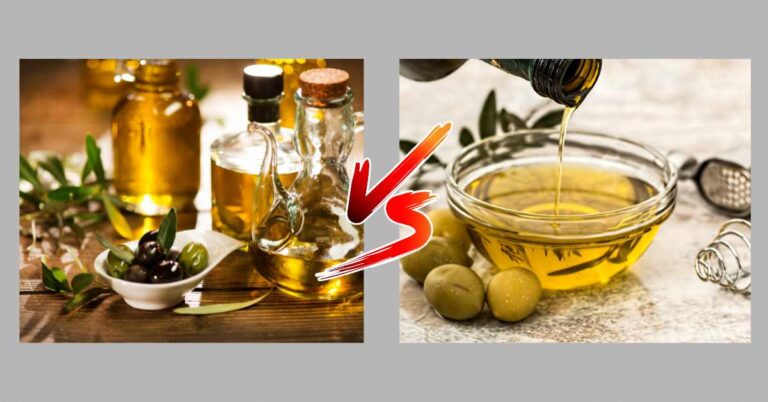What Happens If You Eat Moldy Tomatoes
Eating moldy tomatoes can have potential health risks, including food poisoning, allergic reactions, gastrointestinal issues, and bacterial infections. Learn about the dangers of mold on tomatoes, the symptoms of food poisoning, and how to prevent consuming moldy tomatoes. Prioritize food safety and protect your health by following these preventive measures.
Tomatoes are a popular and versatile fruit that is used in various culinary dishes around the world. However, like any perishable food item, tomatoes are susceptible to mold growth if not stored properly. Eating moldy tomatoes can have potential health risks, and it is important to understand what happens when you consume them.
1. Mold and its dangers
Mold is a type of fungus that can grow on various surfaces, including food. When it comes to tomatoes, mold growth is often visible as fuzzy patches or discolored spots. These patches are caused by the release of spores, which can spread and contaminate other parts of the tomato.
While not all molds are harmful, some can produce mycotoxins, which are toxic substances that can cause adverse health effects. The presence of mycotoxins in moldy tomatoes can lead to food poisoning or allergic reactions in certain individuals.
2. Food poisoning
Eating moldy tomatoes can increase the risk of food poisoning. The mycotoxins produced by certain molds can cause symptoms such as nausea, vomiting, diarrhea, and abdominal pain. These symptoms can appear within a few hours or up to several days after consuming the moldy tomatoes.
Individuals with weakened immune systems, such as the elderly, young children, pregnant women, and those with chronic illnesses, are particularly susceptible to food poisoning from moldy tomatoes. It is crucial to prioritize food safety and avoid consuming moldy produce to prevent these health risks.
3. Allergic reactions
Some individuals may be allergic to mold or specific types of mold found on tomatoes. Ingesting moldy tomatoes can trigger allergic reactions, such as itching, hives, swelling, and difficulty breathing. These allergic reactions can range from mild to severe, depending on the individual’s sensitivity and the amount of mold consumed.
If you have a known mold allergy or have experienced allergic reactions to mold in the past, it is advisable to avoid eating moldy tomatoes altogether. It is always better to err on the side of caution and choose fresh, mold-free produce.
4. Other health risks
In addition to food poisoning and allergic reactions, eating moldy tomatoes can also pose other health risks. The presence of mold indicates that the tomato has started to decay, and consuming decaying food can lead to gastrointestinal issues, such as stomach upset and indigestion.
Furthermore, moldy tomatoes may contain a higher bacterial load, which can contribute to bacterial infections. Bacteria thrive in moist environments, and the presence of mold can create a favorable environment for bacterial growth. Consuming these bacteria-laden tomatoes can potentially lead to infections, especially in individuals with weakened immune systems.
5. Prevention and precautions
To minimize the risk of consuming moldy tomatoes and experiencing the associated health risks, it is important to follow these preventive measures:
- Inspect tomatoes before purchasing or consuming them. Look for any signs of mold growth, such as fuzzy patches or discoloration.
- Store tomatoes properly in a cool, dry place to prevent mold growth. Avoid storing them in plastic bags or containers that can trap moisture.
- Consume tomatoes within a reasonable timeframe to reduce the chances of mold growth.
- If you notice any mold on a tomato, discard it immediately. Do not attempt to cut off the moldy portion and consume the rest, as the mold may have spread throughout the fruit.
- Wash your hands thoroughly after handling moldy tomatoes or any other moldy produce.
By following these precautions, you can minimize the risk of consuming moldy tomatoes and protect your health.
Final Words
Eating moldy tomatoes can have potential health risks, including food poisoning, allergic reactions, gastrointestinal issues, and bacterial infections. It is important to prioritize food safety and avoid consuming moldy produce, especially if you have a weakened immune system or a known mold allergy. By inspecting tomatoes before purchase, storing them properly, and consuming them within a reasonable timeframe, you can reduce the chances of encountering moldy tomatoes and their associated health risks.

